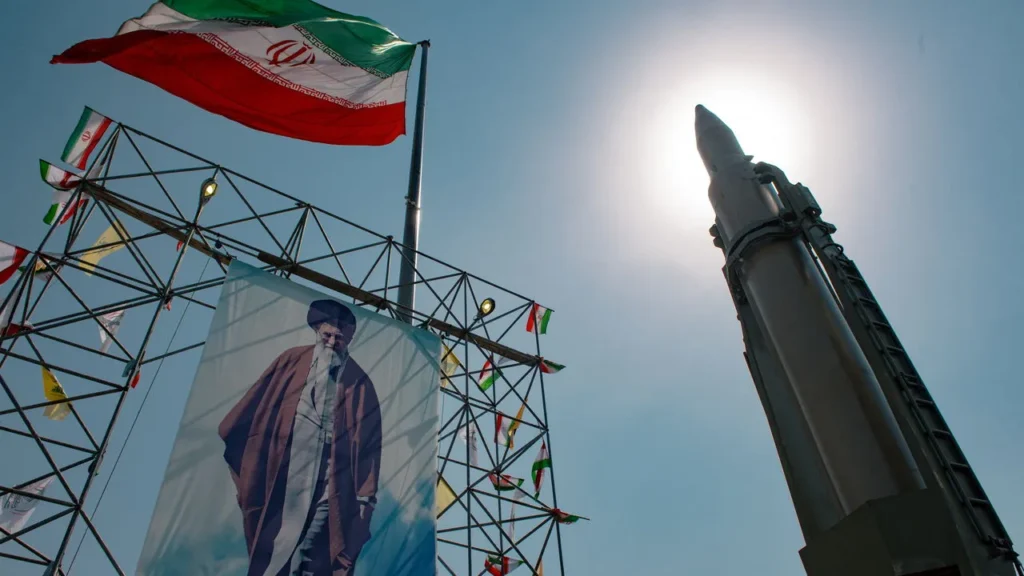Iran has executed a man it accused of being “one of the most important spies for Israel in Iran,” marking the 10th such execution since the June 2025 war with Israel and the United States.
On Monday, September 29, 2025, Iran’s judiciary news outlet Mizan reported that Bahman Choobiasl was hanged after being convicted of meeting officials from Israel’s Mossad spy agency. Authorities said Choobiasl worked on “sensitive telecommunications projects” and attempted to breach Iranian government databases on Mossad’s behalf.
Mizan stated: “The main goal of Mossad in attracting the defendant’s cooperation was to obtain the database of governmental institutions and create a breach in Iranian data centres, along with investigating the import route of electronic equipment.”
Iran’s Supreme Court upheld his conviction on charges of “corruption on earth”, a capital offense under Iranian law.
This is the second such execution in September. Earlier this month, Babak Shahbazi was executed after being accused of spying for Israel, though rights groups say he was tortured into a false confession after offering to volunteer to fight in Ukraine.
The latest execution comes amid heightened hostility following the 12-day war in June, when Israel launched heavy airstrikes on Iranian targets, killing at least 1,100 people according to Amnesty International. Iran retaliated with missile and drone attacks, while the U.S. carried out strikes on Iranian nuclear facilities in support of Israel.
Human rights groups warn that Iran has dramatically increased executions this year. According to the Oslo-based Iran Human Rights and the Washington-based Abdorrahman Boroumand Center, Iran executed more than 1,000 people in 2025, with the true number possibly higher due to unreported cases.
Meanwhile, Iran faces renewed United Nations sanctions, reinstated on September 28 through the “snapback” mechanism of the 2015 nuclear deal. The move has deepened economic uncertainty and fueled fears of another conflict with Israel, as well as growing domestic unrest over rights and economic hardship

